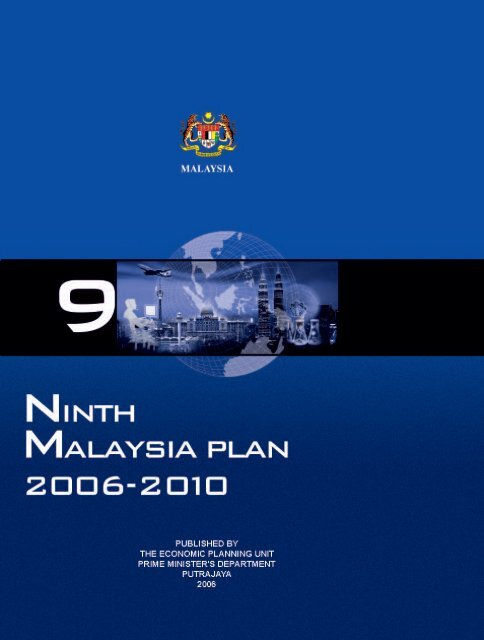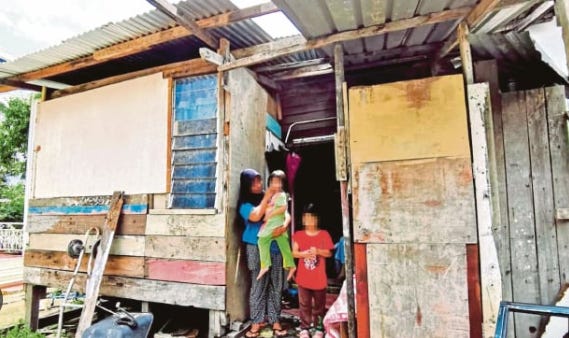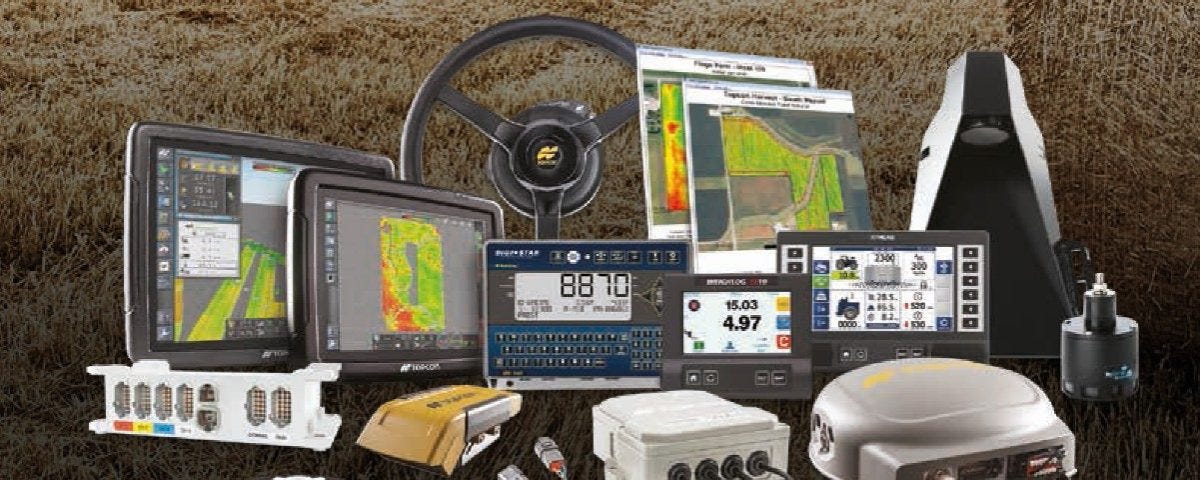
Murray Hunter
The ideology of big brotherism is destroying small holder farming
Reinventing smallholders
Oct 11, 2024

Most smallholders live marginal lives within rural Malaysia. They have been neglected by state and federal government for decades. Outreach and extension no longer exist. The concept of Integrated Agricultural Development Projects (IADPs), where multiple government agencies move in and develop a kampong towards being sustainable have long gone.
Oct 11, 2024

Most smallholders live marginal lives within rural Malaysia. They have been neglected by state and federal government for decades. Outreach and extension no longer exist. The concept of Integrated Agricultural Development Projects (IADPs), where multiple government agencies move in and develop a kampong towards being sustainable have long gone.

IADPs are a thing of the past. You can read about them.
Those who have occupied government land for years growing smallholder crops are evicted in favour of the latest conceived ‘white elephant’ projects. The Malaysian Agricultural Research and Development Institute (MARDI) no longer focuses upon smallholder or miscellaneous crops, putting its attention to projects of ‘national significance’. Multi-crop smallholder farms miss out.
Today’s smallholders have been subjected to ‘big brotherism’, where ideas have been imposed on them from bureaucrats, who haven’t spent a day on a smallholder plot. Solutions such as leasing paddy land from smallholders to build larger paddy estates, controlled by crony corporations, so economies of scale can be achieved, are not culturally viable. States plan massive ‘agropolitians’ where all the best land is given to the big plantation companies, who are expected as reward to nurture smallholders scattered around their estates. The solution government advocates for smallholders is expensive, where intensive precision farming concepts are suggested. Smallholders can even afford to purchase their fertiliser, let alone make capital investments in technology.
Bureaucrats within FAMA create products and farmers markets, which for various reasons are just not viable.
I’m sure the 13th Malaysian Plan will support more ‘big brotherism’ and not assist those farmers in need, with grassroot assistance.
The issue of climate change has forgotten or overlooked the health and wellbeing of local eco-systems. Its great for the planners to talk of big picture climate change concepts such as solar power, and zero emissions, which destroys local ecosystems, without thinking about how to develop local sustainable eco-systems that benefit smallholders. Sustainable, chemical free, organic, and even halal farming development is ignored, where smallholders could benefit greatly.
Big ESG plans need micro-implementation plans. They should generate value rather than add to costs. Much of the time government research expenditure works on schemes which add costs to farmers, not decrease them.
Smallholder-based communities must be considered within a paradigm outside of big brotherism. Planning and development must work within the paradigm of empowering smallholders within their own communities, so they can combine farming with entrepreneurship and business.

Many rural communities in Malaysia desperately need help.
The key here is developing community specialisation. Farmers farm and are partnered with locals who specialise on local distribution to markets they control and are not victims of, like the rice industry monopoly. They must strive to bring quality back to the food and produce they cultivate, harvest and send to market. Its time farmers produced, marketed, and sold their products based upon quality. This is very much inline with the discernible consumers today. Through established food distribution channels, food has lost its quality and become expensive to consumers.
Such an approach requires a complete change in the education system. We need to teach communities the specific skills they need to survive and thrive. We need to focus on the development of appropriate technologies and not ‘off the rack’ precision farming technologies no smallholder can afford. Technologies like UAV sensor monitoring could be placed in the hands of groups for communal use.

The costs of precision farming out of the hands of most smallholders in Malaysia.
This requires a complete rethink of TVET in rural communities and how coops in Malaysia work. Coops must be organizations where members work together physically to create the needs their communities require to prosper.
The new technologies and business side of farming must be used to attract Malaysia’s youth back to farming.
There is a rural youth crisis going on in Malaysia
This is the revolution Malaysia needs. Proof of concept can be seen in many other places of the world. Its just about bringing these ideas and practices to the people here.
This is the revolution Malaysia needs. Proof of concept can be seen in many other places of the world. Its just about bringing these ideas and practices to the people here.
No comments:
Post a Comment